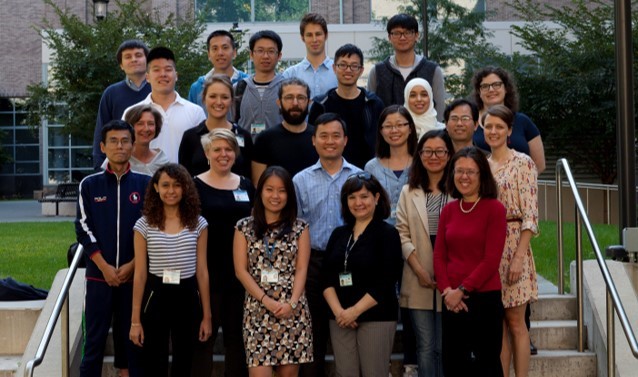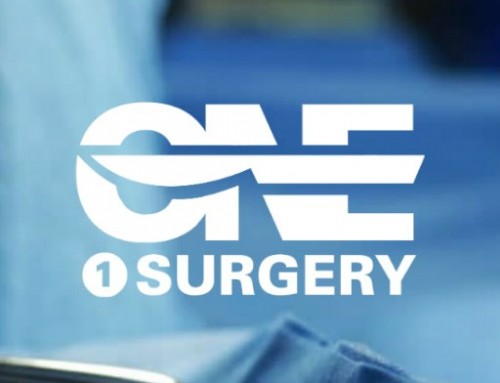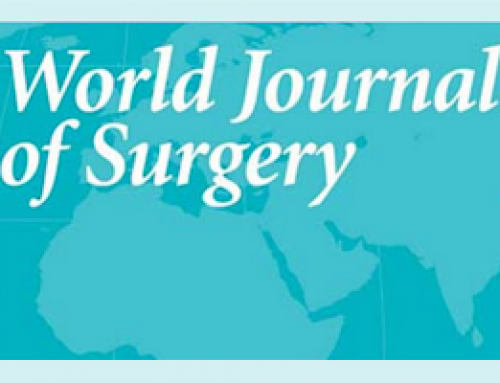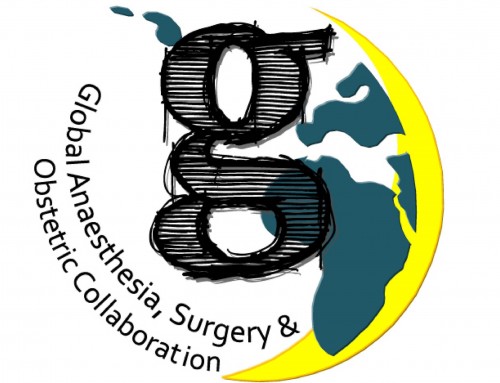Just as mutual collaboration begets mutual opportunity, Global PaedSurg would like to present a new exciting opportunity for all of our collaborators: to further contribute to improving global outcomes for congenital anomalies.
The CARE (Congenital Anomalies Research Exploration) and DHREAMS (Diaphragmatic Hernia Research & Exploration; Advancing Molecular Genetics) studies are international studies examining the genetic mechanisms underpinning many different birth defects. These include orofacial clefts, as well as many of the conditions included in the Global PaedSurg study: oesophageal atresia, tracheoesophageal fistula, congenital diaphragmatic hernia, gastroschisis, omphalocele and anorectal malformation, amongst others.
Due to the large overlap in the conditions studied, our collaborators are well placed to contribute to both studies, a unique opportunity to further our genetic understanding of these congenital anomalies.
Collaboration will give participating researchers the opportunity to access the study data for ancillary research projects, and all materials and shipping costs will be covered by the CARE and DHREAMS teams.
For further information on the studies and how to get involved, read below.
For the study publications thus far, click here.


“The CARE (Congenital Anomalies Research Exploration) and DHREAMS (Diaphragmatic Hernia Research & Exploration; Advancing Molecular Genetics) studies are international studies examining the genetic causes of many different birth defects including esophageal atresia, tracheoesophogeal fistula, gastroschisis, omphalocele, imperforate anus, congenital diaphragmatic hernia, orofacial clefts and others. These studies utilize exome and genome sequencing, RNAseq, in vitro functional studies and animal models to determine the genetic etiology of these birth defects. Our goal is to improve the understanding of the genetic causes of these conditions to guide diagnosis, treatment and prevention.
There are over 1400 families in these genetic studies from over 15 institutions around the world. We collaborate with many different types of clinicians including pediatric surgeons, neonatologists, cardiologists, gastroenterologists, neurologists, psychologists, and many basic researchers. Because of the complex genetics, large number of genes (estimated at over 1000) and rarity of these conditions, it is imperative that we continue to expand our network and increase the number of families involved in research.
We would like to invite you and your colleagues at your institution to become a collaborator. Collaborating institutions send in biological samples from the affected child and when possible both biological parents. A variety of sample types are accepted including saliva, blood and discarded tissue samples (skin or tissue from the surgical site at the time of surgery). There is no cost to the institution or the family, and the CARE and DHREAMS study covers all materials and shipping costs. CARE and DHREAMS are collaborative consortiums, and participating researchers can access de-identified genomic and clinical data on the full study sample for ancillary research projects. Genetic data from all the participants from a site can be shared with the site investigators, and diagnostic genetic results explaining the birth defect can be shared with families if they elect to have these results returned.
The studies are led by Dr. Wendy Chung, a clinical and molecular geneticist with over 20 years of clinical and research experience, and coordinated by Julia Wynn, Priyanka Ahimaz and Becca Hernan, board certified genetic counselors. The study is approved by the Columbia University Institutional Review Board to enroll international participants remotely.
Please reach out to us directly to learn more about our studies and the opportunities to collaborate.”
Julia Wynn, jw2500@Columbia.edu
Wendy Chung, wkc15@Columbia.edu





Hello .. I hope to join this study and take advantage of them and provide all that is useful